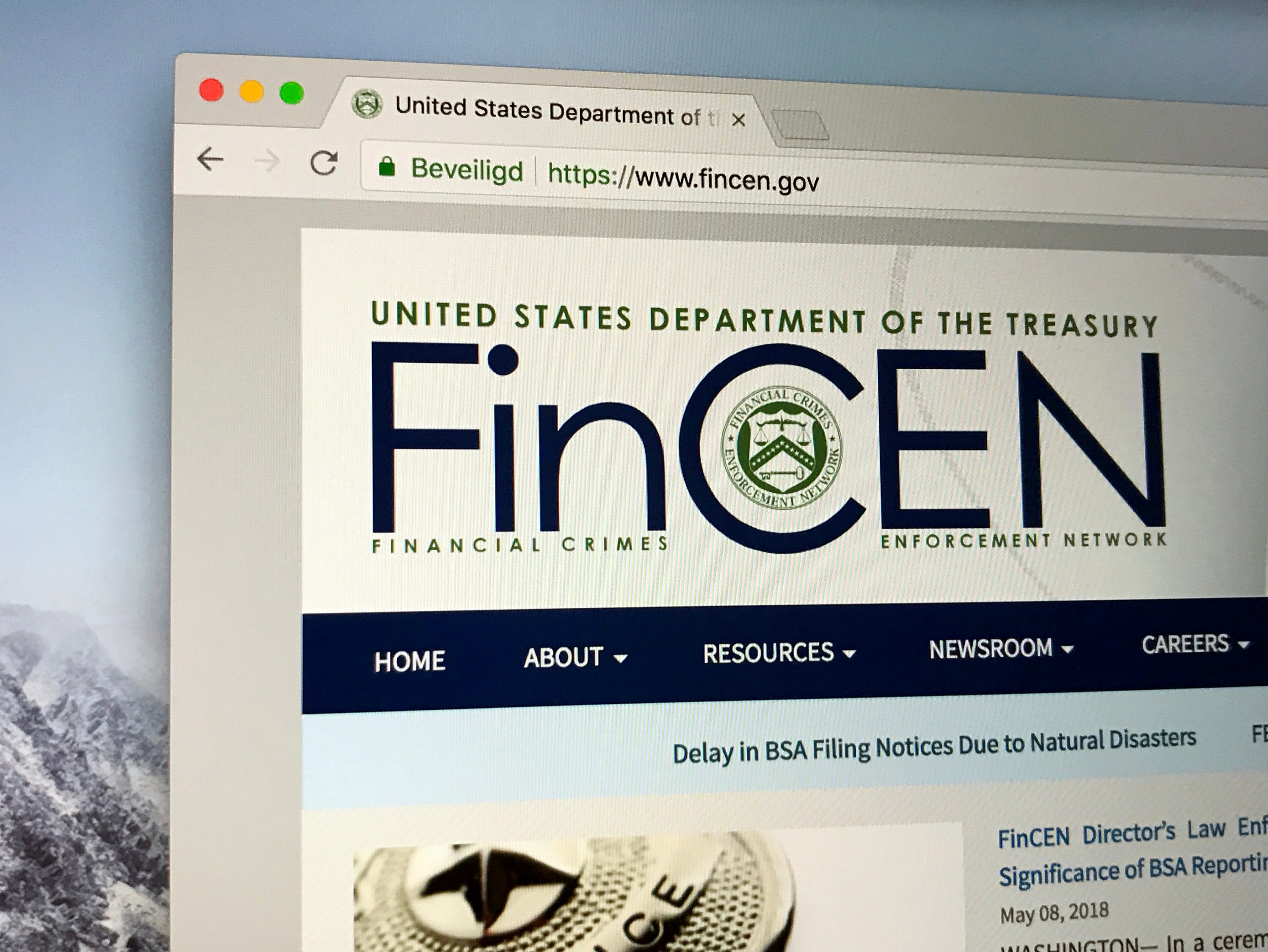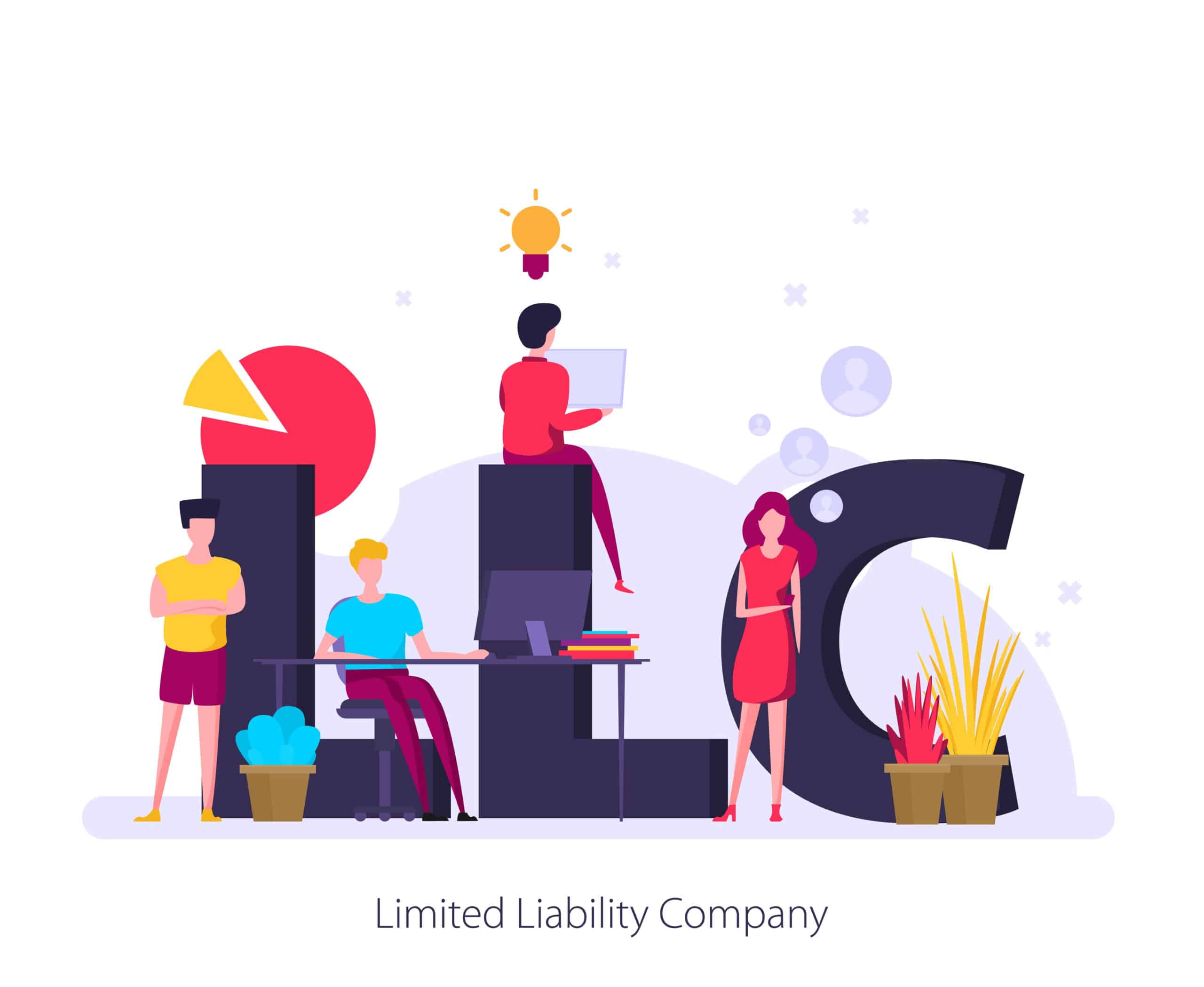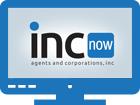How Does the Corporate Transparency Act Impact Small Businesses?
In a time where financial transparency is essential, the Corporate Transparency Act (CTA) brings new compliance requirements for U.S businesses. Understanding these new requirements is crucial for business owners, managers, and stakeholders to avoid significant penalties, including fines and jail time.
Starting January 1st, 2024, U.S. businesses will need to disclose information about their beneficial owners to the Financial Crimes Enforcement Network (FinCEN). In this article breakdown exactly what businesses are impacted by the Corporate Transparency Act and what they need to do to comply.
What is the Corporate Transparency Act? Understanding CTA
The Corporate Transparency Act (CTA) is a federal law mandating business entities, like LLCs and corporations, to report specific information about their beneficial owners to the Financial Crimes Enforcement Network (FinCEN).
FinCEN is a part of the U.S. Department of Treasury and is in charge of maintaining a beneficial owner database. FinCEN’s database isn’t open to the public; only law enforcement agencies and banks can access it.
The goal of the Corporate Transparency Act is to combat financial crimes, such as money laundering, by revealing the significant individuals behind a company and its operations.
Who is Impacted by the Corporate Transparency Act?
The CTA impacts nearly all business entities in the United States, including LLCs and corporations.
Any business entity created by filing documents with a Secretary of State’s office is required to comply with beneficial ownership reporting requirements under the CTA.
Additionally, foreign business entities incorporated in other countries must also report their beneficial owners if the company is registered to do business in the United States.
How Does the Corporate Transparency Act Impact Small Businesses?
The Corporate Transparency Act reporting requirements directly impact small businesses. The goal of the CTA is to combat the use of shell companies for illegal activity, like money laundering. This specifically targets companies with small amounts of business activity.
On the other hand, FinCEN provides reporting exemptions for “large operating companies”. FinCEN considers a large operating company to be a business that has 20 full-time employees, a physical office address in the U.S., and reports more than $5 million on its federal tax return.
Do Single-Member LLCs Report Beneficial Owners to FinCEN?
Yes, Single-Member LLCs must report their Beneficial Ownership Information to FinCEN as part of the Corporate Transparency Act. A BOI Report for a Single-Member LLC should be fairly straightforward, since the company typically has one person who is both the Member and Manager.
Do Sole Proprietorships Need to Complete BOI Reports?
No, sole proprietorships do not need to submit Beneficial Ownership Information reports to FinCEN. The Corporate Transparency Act does not classify businesses run as sole proprietorships as reporting companies, as they are not legally formed entities.
The CTA requires entities created through a state filing, such as LLCs, corporations, limited partnerships, and certain business trusts, to file BOI reports with FinCEN.
What are the Corporate Transparency Act Reporting Requirements?
One of the major introductions of the CTA is the “Beneficial Ownership Information” (BOI) Report. Many businesses are familiar with state-filed incorporation documents, however, BOI reports are federally mandated and are submitted directly to FinCEN.
Here’s what’s included in a FinCEN BOI report:
- Beneficial Ownership Information:
Companies need to provide data about significant individuals involved in the business, including, beneficial owners, control parties and company applicants. This means going beyond just the owners; you also need to consider managers and key decision-makers.
- Detailed Personal Information:
FinCEN mandates that companies provide details for each individual being reported:
➢ Full names,
➢ Residential addresses,
➢ Rates of birth, and
➢ Valid identification document (e.g., driver’s license, passport, or government issued ID)
Completing a FinCEN BOI report requires uploading an image of a valid ID document for every individual being reported. Examples of valid ID documents include state issued driver’s licenses, U.S. or foreign passports, or government issued IDs.
- Reporting Company Information
You also need to report specific information about the company itself to FinCEN. This information includes:
➢ Full legal name (with corporate ending),
➢ Entity type (LLC or corporation),
➢ Jurisdiction (state of formation, incorporation, or registration),
➢ Principal business address,
➢ Federal tax ID number (EIN), and
➢ All trade names or DBAs (Doing Business As).
A reporting company needs to report any trade names that it uses for business to FinCEN. These include filed trade names, like a publicly filed DBA, and even unfiled trade names, like a domain or website name.
Who is Included in a Beneficial Ownership Information Report?
Businesses might wonder about the specifics of who should be included in the Beneficial Ownership Information Report. FinCEN requires companies to report all of their beneficial owners, control parties, and company applicants.
Let’s dive into who these people are:
Who are Beneficial Owners?
Beneficial owners are people who have an ownership stake in a reporting company. More specifically, FinCEN considers anyone who owns at least 25% of the interest in a company to be a beneficial owner.
Beneficial owners may be direct owners, like Members in an LLC or shareholders in a corporation, or indirect owners, like beneficiaries of a trust, or holders of convertible stock options.
Who are Control Parties?
Control parties are people who have significant influence over a company’s strategic decisions. Control parties typically include officers in corporations, members with majority voting rights in LLCs, and individuals with authority over certain company actions, like signing contracts or opening bank accounts.
Examples of control parties may include company presidents, secretaries, treasurers, chief officers, general counsel, or anyone else with a similar title.
Who are Company Applicants?
The BOI report requires details about the individuals who initiate and finalize the company formation process.
If you used an incorporation service to form your LLC or corporation, the agent who submitted your company formation documents to the state needs to be reported as a company applicant. The individual who was ultimately responsible for requesting the company to be formed also needs to be reported.
Not every company needs to report company applicants. FinCEN only requires new companies formed starting in 2024 to report their company applicants. Existing companies registered before 2024 aren’t required to include company applicants in their BOI report.
When are FinCEN Beneficial Ownership Reports Due?
 Timing is crucial when it comes to complying with the Corporate Transparency Act. Starting in 2024, new businesses have a strict 30-day window to file their Beneficial Ownership Information Report. However, companies already formed before 2024 need to submit their reports by January 1st, 2025.
Timing is crucial when it comes to complying with the Corporate Transparency Act. Starting in 2024, new businesses have a strict 30-day window to file their Beneficial Ownership Information Report. However, companies already formed before 2024 need to submit their reports by January 1st, 2025.
Moreover, with any changes in beneficial ownership details, businesses have a mere 30 days to an updated BOI report to FinCEN.
What if You Don’t Comply with the Corporate Transparency Act?
The CTA isn’t just a guideline—it’s a requirement. Failing to adhere to the reporting requirements could result in substantial fines and potential jail time.
Beneficial Ownership Information Reports need to be complete, accurate, and submitted to FinCEN on time. Business owners face civil penalties of up to $500 in fines per each day that an infraction continues.
Willful non-compliance with BOI reporting requirements, or providing false information to FinCEN, can result in criminal penalties, including up to a $10,000 fine and 2 years imprisonment.
How to Prepare for Beneficial Ownership Reporting: Steps for Businesses
To ensure smooth compliance with the CTA, businesses should take proactive measures before the filing deadlines:
- Develop Systems for Data Collection:
Establish a standardized method to gather the required information from every beneficial owner within the organization. This might involve creating a dedicated team or designating an individual responsible for this task.
- Stay Updated with Beneficial Ownership Information:
Given that all reported details to FinCEN must remain up-to-date, it’s vital for businesses to maintain a system to track changes. This could involve periodic audits or regular checks to ensure accuracy in the information held.
The Corporate Transparency Act is a marked shift in the compliance landscape for U.S. businesses. By understanding the reporting requirements, and diligently preparing for them, companies can ensure they operate within the law and avoid harsh penalties.





